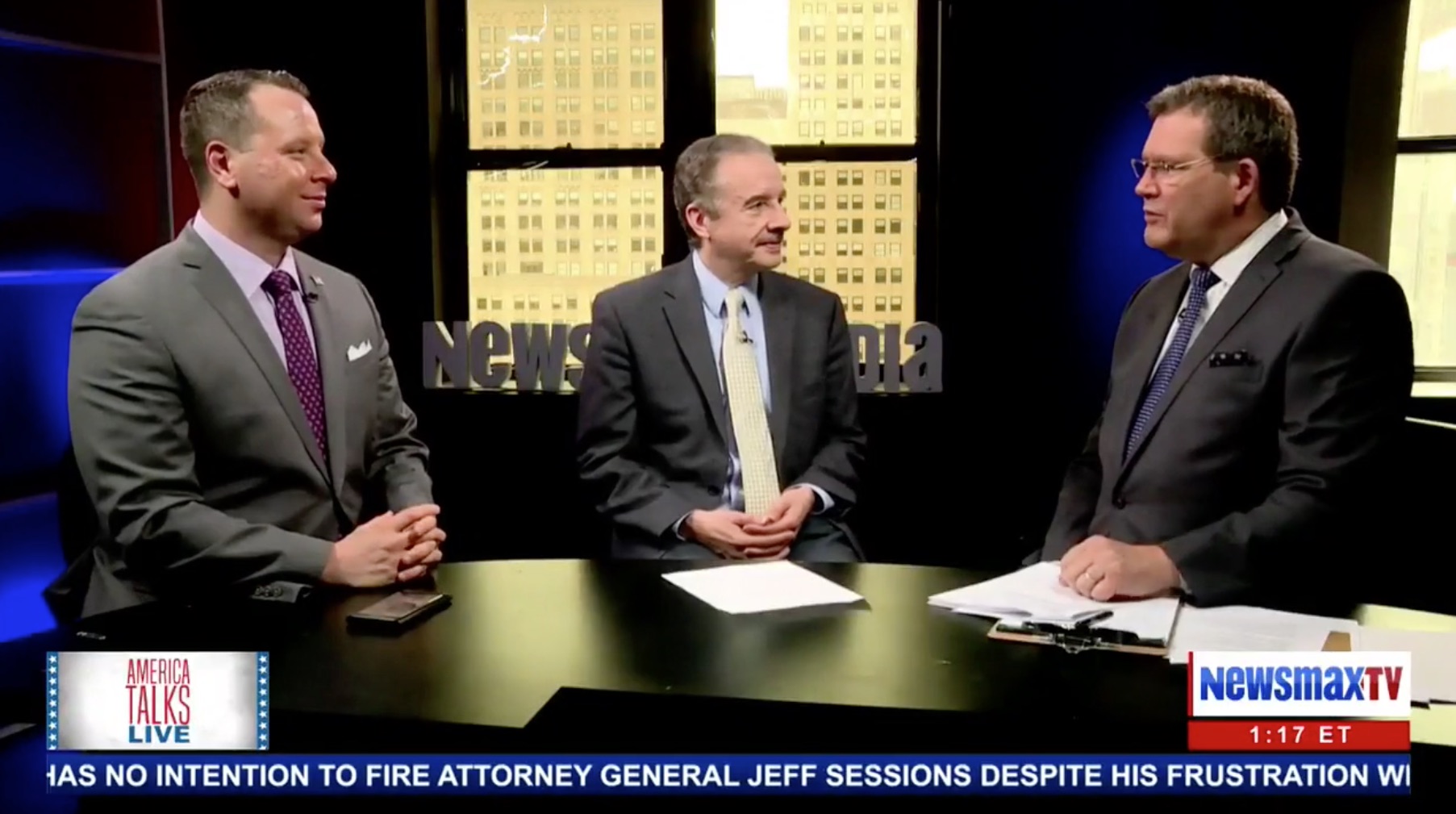Commentary: An Inconvenient Truth – ESG Is Fueling Inflation Woes

Will this presidential election be the most important in American history?
Commentary by Gabriella Hoffman originally published by RealClearEnergy.org
Inflation has emerged as the top issue for most Americans ahead of the midterm elections. Rising labor costs, energy prices, and interest rates are increasingly adding to inflationary woes.
And much to the Biden administration’s chagrin, the $1.9 trillion American Rescue Plan is the largest driver of inflation. Additionally, Democrats refuse to admit their push for Environmental, Social, and Governance (ESG), especially in energy policy, in both the public and private sectors is also a major problem. As more financial leaders scrutinize so-called sustainable investing, there’s ample evidence suggesting ESG exacerbated the 9.1% increase in the consumer price index.
Of the three ESG prongs, the “E” factor—which accounts for environmental stewardship and natural resources development in business practices—is primarily contributing to inflation.
Seema Shah, chief global strategist at Principal Global, calls this phenomenon “greenflation.” In fall 2021, Shah warned how the push to transition away from fossil fuels, notably in the form of advancing net-zero policies, “created a chain reaction resulting in higher energy prices and, ultimately, higher consumer costs.” She also explained how “en-flation” (environmental inflation) is adding to uncertainty by way of carbon credits, harsh penalties for companies that fail to meet U.N. climate targets, and increased investment in technology along with research and development (R&D), for instance.
American Petroleum Institute CEO Mike Sommers blamed the Biden administration’s “misguided” energy policies, namely their decarbonization push, for compounded inflationary pressures.
Ultimately, consumers will be burdened by “en-flation” as costs are naturally passed down to them. Columbia University’s Lucas Toh explains the transition to 100% wind and solar energy will be expensive, writing: “The reality is that wind and solar are only cheap during the early stages of transition.”
Currently, states with existing renewable portfolio standards paid $125.2 billion more in electricity costs compared to states without them. So much for fossil fuel divestments being lucrative.
As a result, some corporations are recommitting to oil and gas investments. Earlier this year, BlackRock, a devoted ESG proponent, modified its interpretation of the “E” prong by supporting fossil fuel investments to not jeopardize business opportunities in Texas.
The “social” pillar contained in ESG argues a company’s attractiveness is determined by adopting social factors like Diversity, Equity and Inclusion (DEI) and addressing gender inequality. With respect to hiring women, however, these companies are struggling to effectively recruit and retain female talent.
Why? Companies are more interested in preaching politics in the workplace than prioritizing their bottom line which is turning serious female professionals off. Like the “E” pillar, companies can only achieve “S” if they spend copious amounts on recruitment and retention. That, in itself, also fuels inflation.
This emphasis on social policies will further distract companies from attracting workers back to the office. And it will prove disastrous as more women exit the workforce. It’ll be hard to lure back two million women who have checked out from traditional jobs. Instead, they are actively seeking freelancing options that provide more freedom to balance work-family life, flexible work hours, and higher wages. Companies will struggle to compete with flexible work options if they focus on social policy.
Much like “E” and “S,” the governance (“G”) factor of decision making in business will incur added costs to properly monitor, report, and implement initiatives and pledges. Core elements of “G” include purpose, board of directors, and shareholder rights. But companies who claim to govern in accordance with sustainability investing may be gaming the system through ESG ratings.
Take the recent Tesla case study. The S&P 500 ESG Index downgraded the electric vehicle company for failing to sufficiently decarbonize, despite net-zero policies guiding Tesla’s purpose and guiding principles. This prompted Tesla CEO Elon Musk to label the ESG index “a scam.”
A paradox emerges here: companies can deliberately game the system by pretending to adhere to the “G” by checking off boxes through virtue signaling instead of focusing on having an actual real-world impact.
Barrons aptly described ESG investing like this: “The problem with ESG disclosure as a tool—whether for investors or even society—is that it is way too blunt a frame. As it is currently conceived, ESG is at risk of becoming little more than a marketing slogan, destined to confuse, or be labeled ‘greenwashing.’”
Corporations and the federal government pushed and propped up ESG at their own peril. Now, consumers are reeling from the effects of these misguided principles firsthand.
Instead of playing politics, corporations should revert back to their original mission of creating value in business. If they truly care about starving inflation and not passing costs down to consumers, they must immediately reassess stakeholder capitalism and reverse course.
__________
Gabriella Hoffman is a Senior Fellow at Independent Women’s Forum and host of the District of Conservation podcast. Follow her on Twitter at @Gabby_Hoffman.








